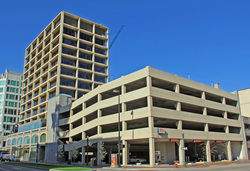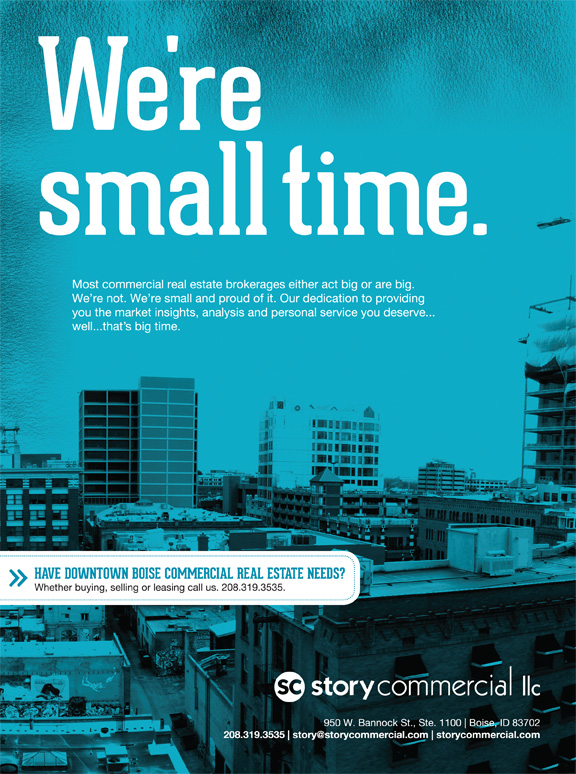
Interesting Downtown Facts
- Office vacancy downtown is increasing (remember my blog from 3/22/13...I told you this was going to happen). TOK indicates downtown office vacancy went from 6.4% to 7.4%, while Colliers showed it went from 8.5% to 8.7% (I lump their downtown & downtown periphery together).
- Overall office asking rates are decreasing while Class A asking rates are is increasing. I think this highlights how older buildings are going to have a tougher time fighting for tenants.
- Both reports show our downtown retail vacancy as being super healthy and it probably lies in the 5.5 - 6.5% range. Average asking rates ~$16.50/SF NNN.
- Our downtown industrial market (wait, do we have one?!) also has a low vacancy, probably in the 5.5 - 6.5% range. This number is typically always pretty low because the supply is so low.
Now going forward, what do we see or can we predict anything? Here a couple things I foresee happening:
- Office vacancy downtown will continue to increase and older buildings are going to struggle to attract tenants.
- Retail is going to remain strong as more great places open. Our downtown is truly becoming a destination.
- Increased interest in our downtown is going to continue to spur new activity, and I'm hopeful there will be more residential to our downtown and close in neighborhoods.



 RSS Feed
RSS Feed